Wastewater treatment and sewage facilities of the city of Kerben in emergency condition
41°29’0″N 71°44’43″E
The wastewater treatment facilities in the city of Kerben are in an emergency state, morally and physically worn out, and require urgent reconstruction.
Poorly treated wastewater and sewage from the city hospital deliver organic matter to the rural canal. The water is then used for irrigating arable land in the district's agricultural sector, consumed by livestock, and used by people. However, due to the long absence of repairs and the emergency condition, the impurities are not fully filtered.
Wastewater is discharged into drainage systems, ditches, watercourses, and rivers, creating unsanitary conditions, especially in receiving water bodies with low water exchange.
Experts claim that the entry of wastewater into water bodies can also provoke the spread of diseases such as diarrhea, cholera, and various types of hepatitis. This type of pollutant poses a significant danger to all living beings, as it contributes to the development of cancer diseases.
Alongside this, untreated wastewater reduces the dissolved oxygen content in open water bodies, leading to the degradation of aquatic systems. The depletion of dissolved oxygen in water decreases the productivity of reducers in the decomposition process of biogenic substances carried by the wastewater, but does not affect the activity of anaerobic bacteria - reducers, which multiply and spread a heavy odor (the smell of sewage). The enrichment of water bodies with biogenics stimulates the growth of phytoplankton, causing the water to become murky, plants to die, and oxygen concentration to decrease, i.e., eutrophication of water bodies occurs.
Water pollution by wastewater leads to a decrease in its productivity as a habitat, making it impossible for human use; it becomes unsuitable for domestic, agricultural, and industrial processes.
The wastewater treatment facilities in the city of Kerben are in an emergency state, morally and physically worn out, and require urgent reconstruction.
Poorly treated wastewater and sewage from the city hospital deliver organic matter to the rural canal. The water is then used for irrigating arable land in the district's agricultural sector, consumed by livestock, and used by people. However, due to the long absence of repairs and the emergency condition, the impurities are not fully filtered.
Wastewater is discharged into drainage systems, ditches, watercourses, and rivers, creating unsanitary conditions, especially in receiving water bodies with low water exchange.
Experts claim that the entry of wastewater into water bodies can also provoke the spread of diseases such as diarrhea, cholera, and various types of hepatitis. This type of pollutant poses a significant danger to all living beings, as it contributes to the development of cancer diseases.
Alongside this, untreated wastewater reduces the dissolved oxygen content in open water bodies, leading to the degradation of aquatic systems. The depletion of dissolved oxygen in water decreases the productivity of reducers in the decomposition process of biogenic substances carried by the wastewater, but does not affect the activity of anaerobic bacteria - reducers, which multiply and spread a heavy odor (the smell of sewage). The enrichment of water bodies with biogenics stimulates the growth of phytoplankton, causing the water to become murky, plants to die, and oxygen concentration to decrease, i.e., eutrophication of water bodies occurs.
Water pollution by wastewater leads to a decrease in its productivity as a habitat, making it impossible for human use; it becomes unsuitable for domestic, agricultural, and industrial processes.

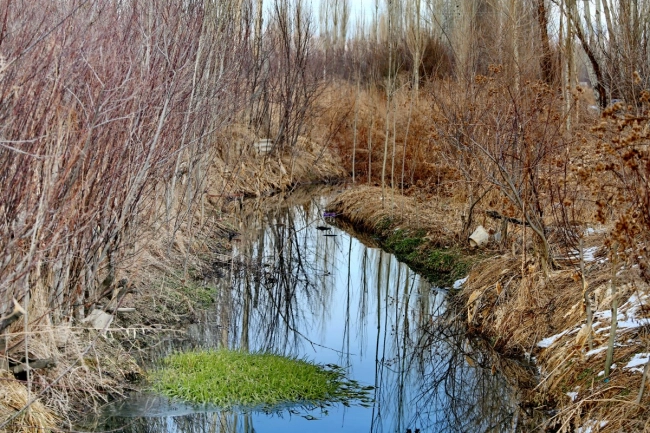
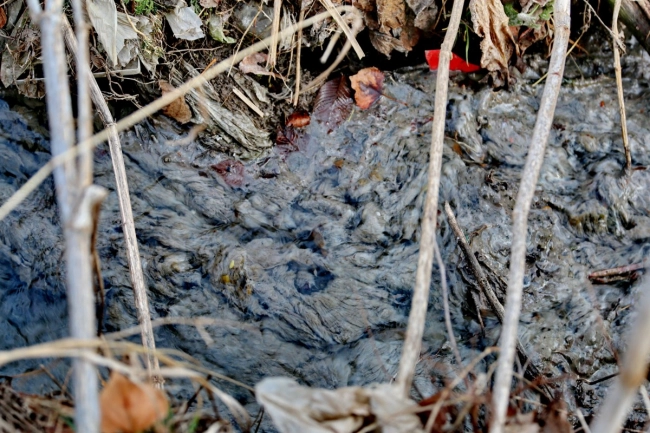
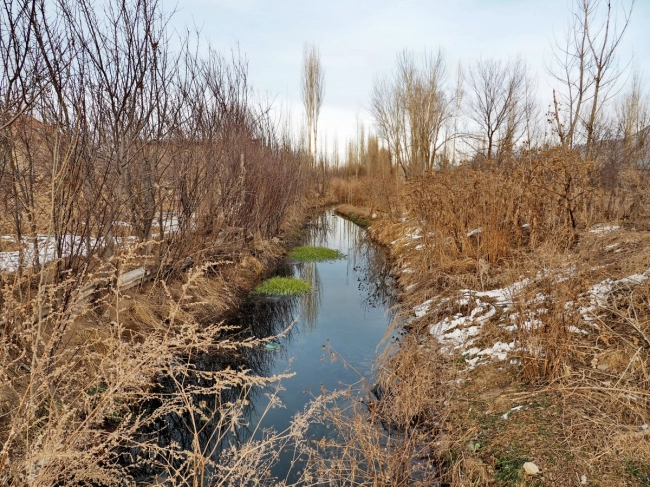
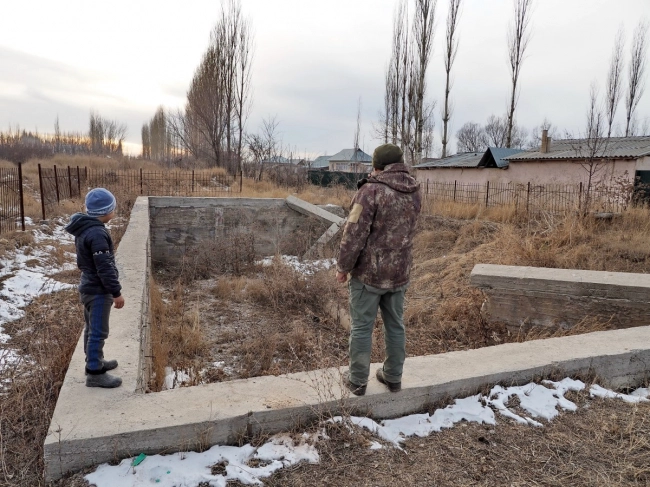
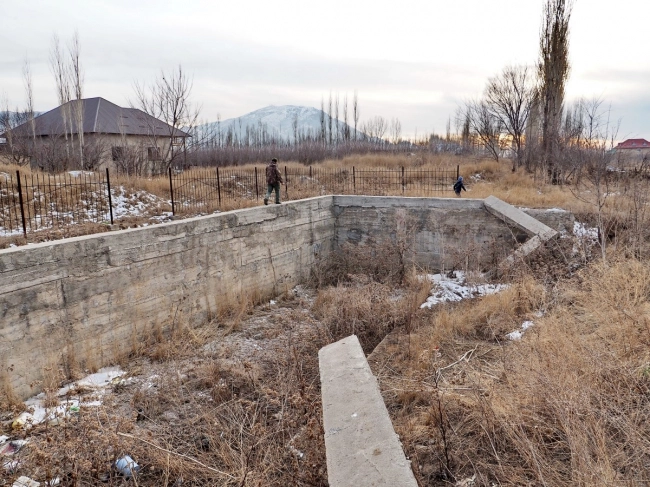
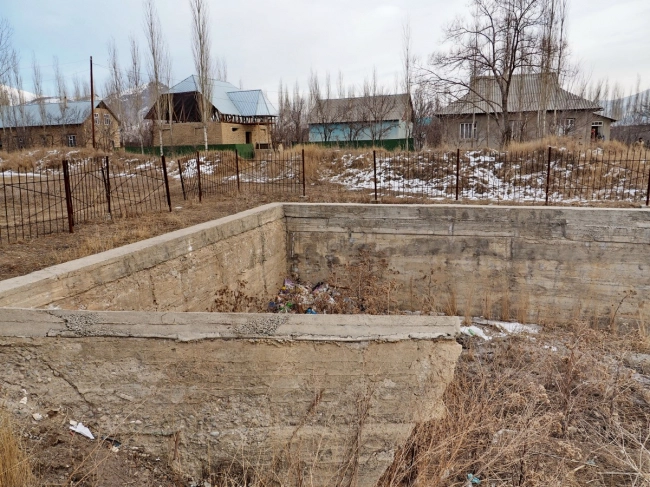
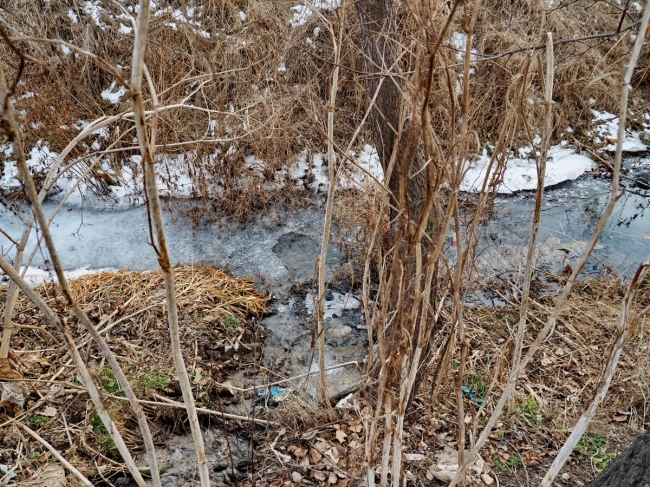
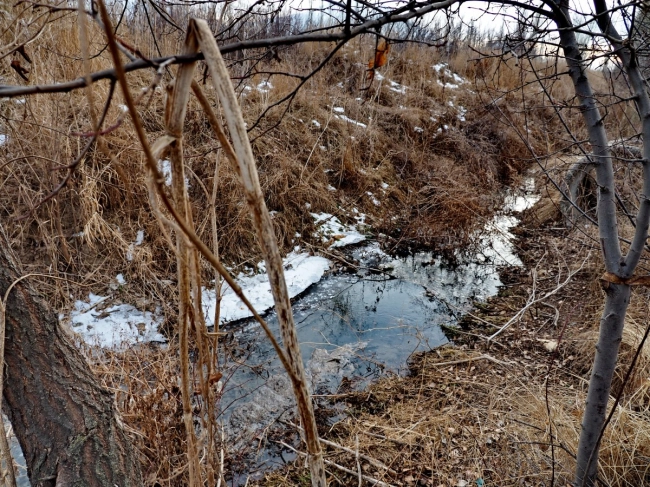
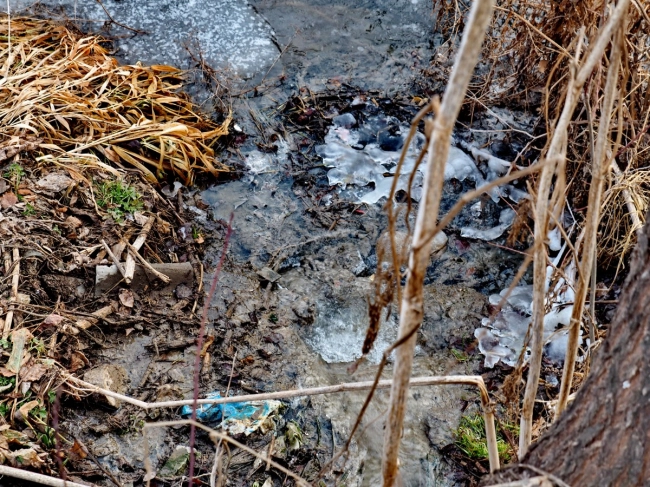
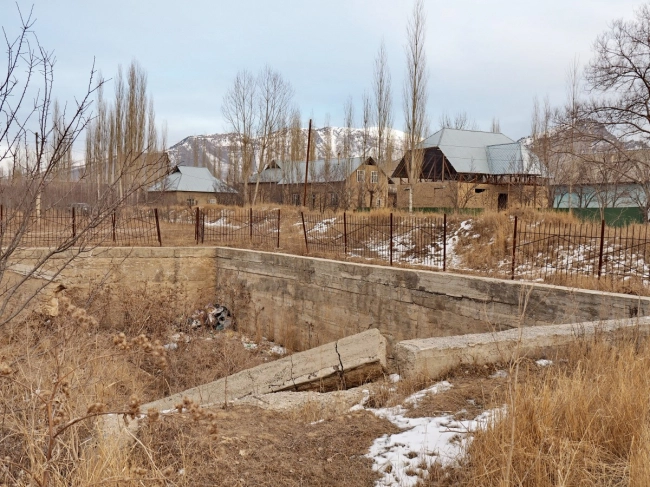
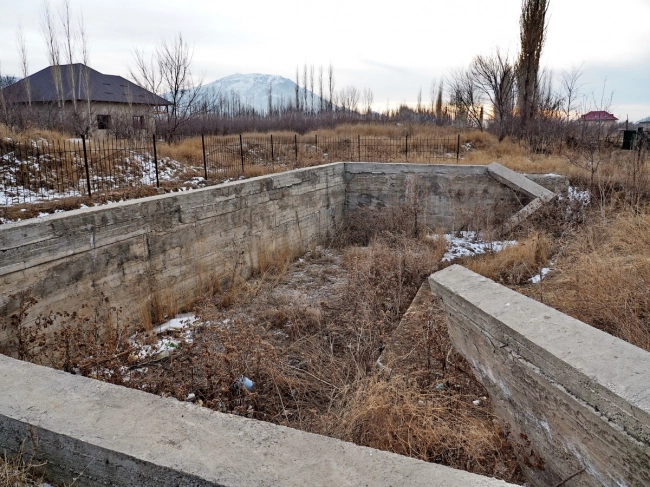
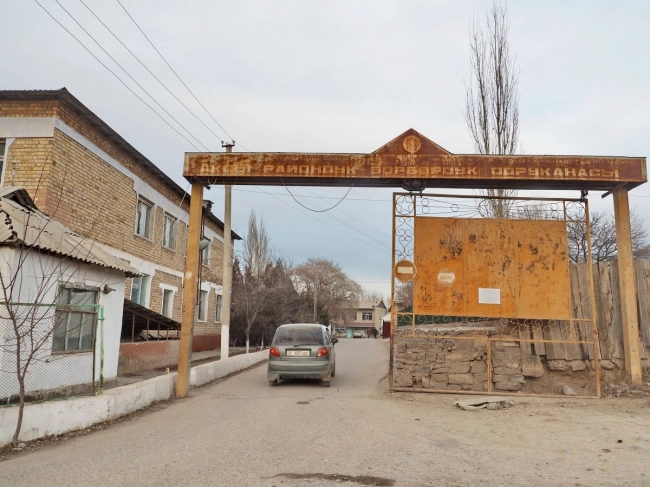
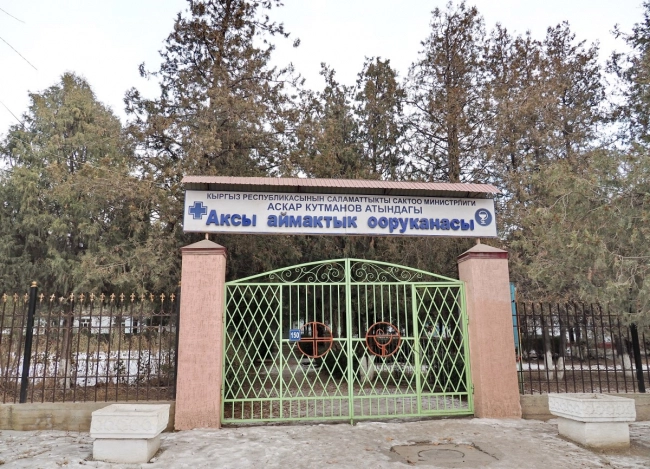
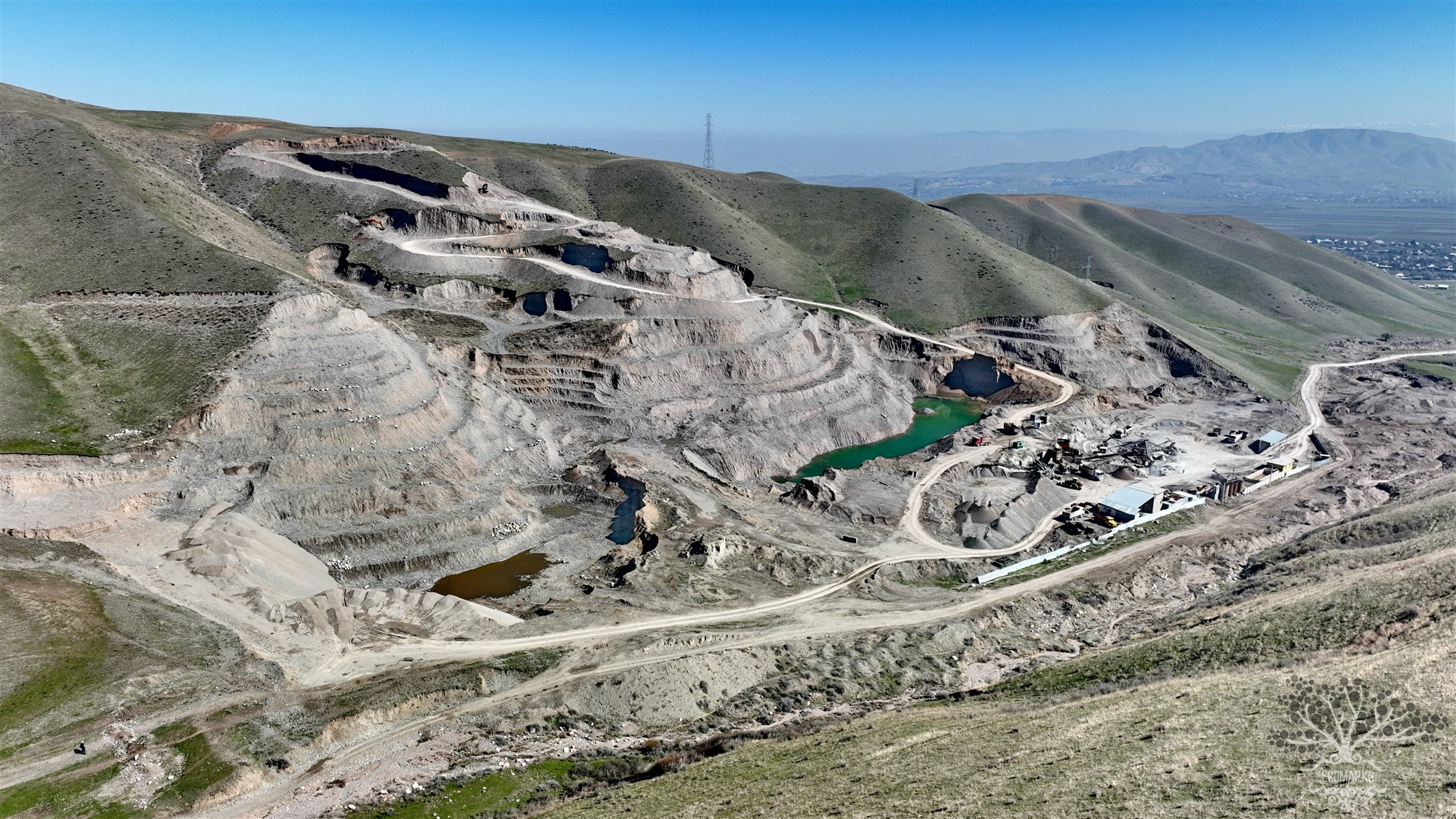
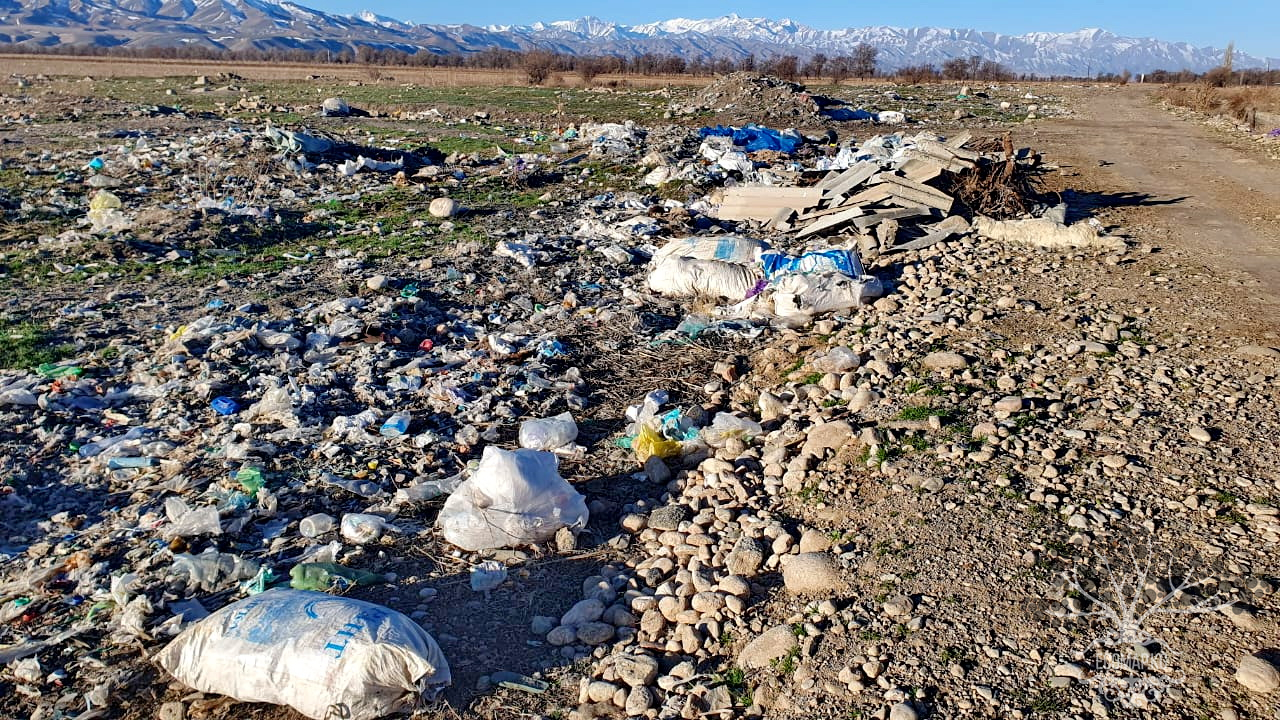
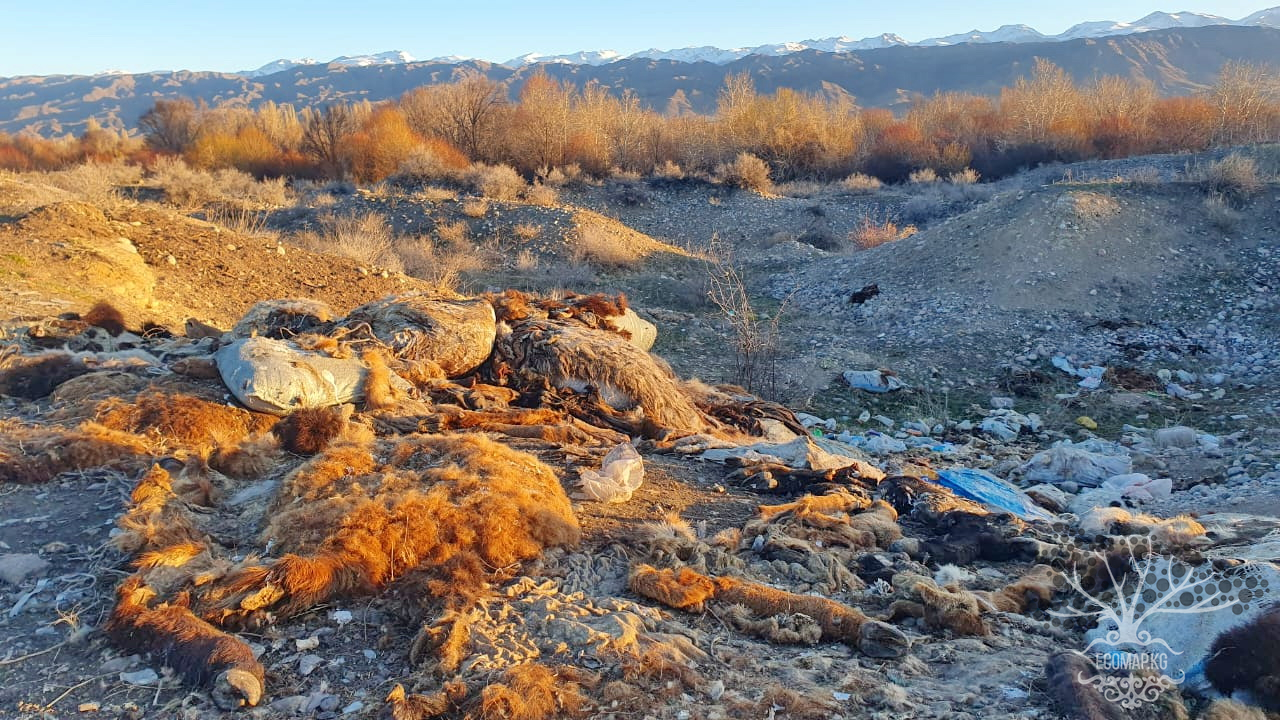
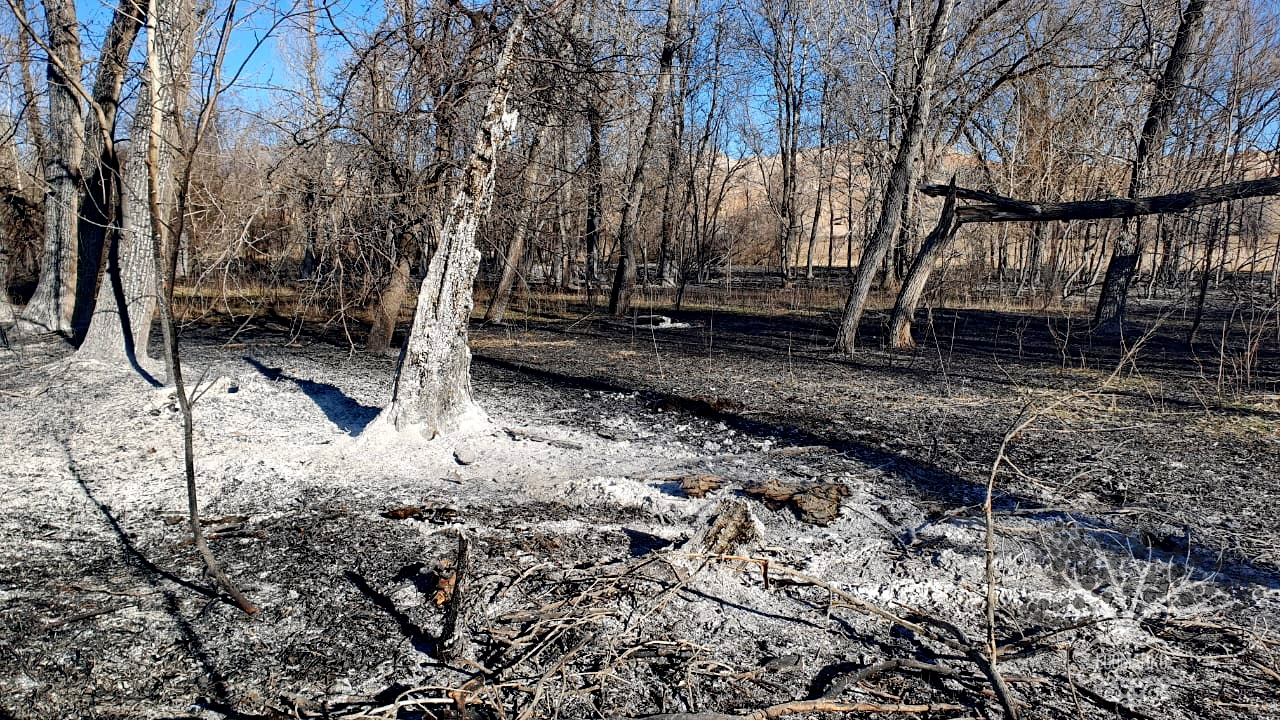



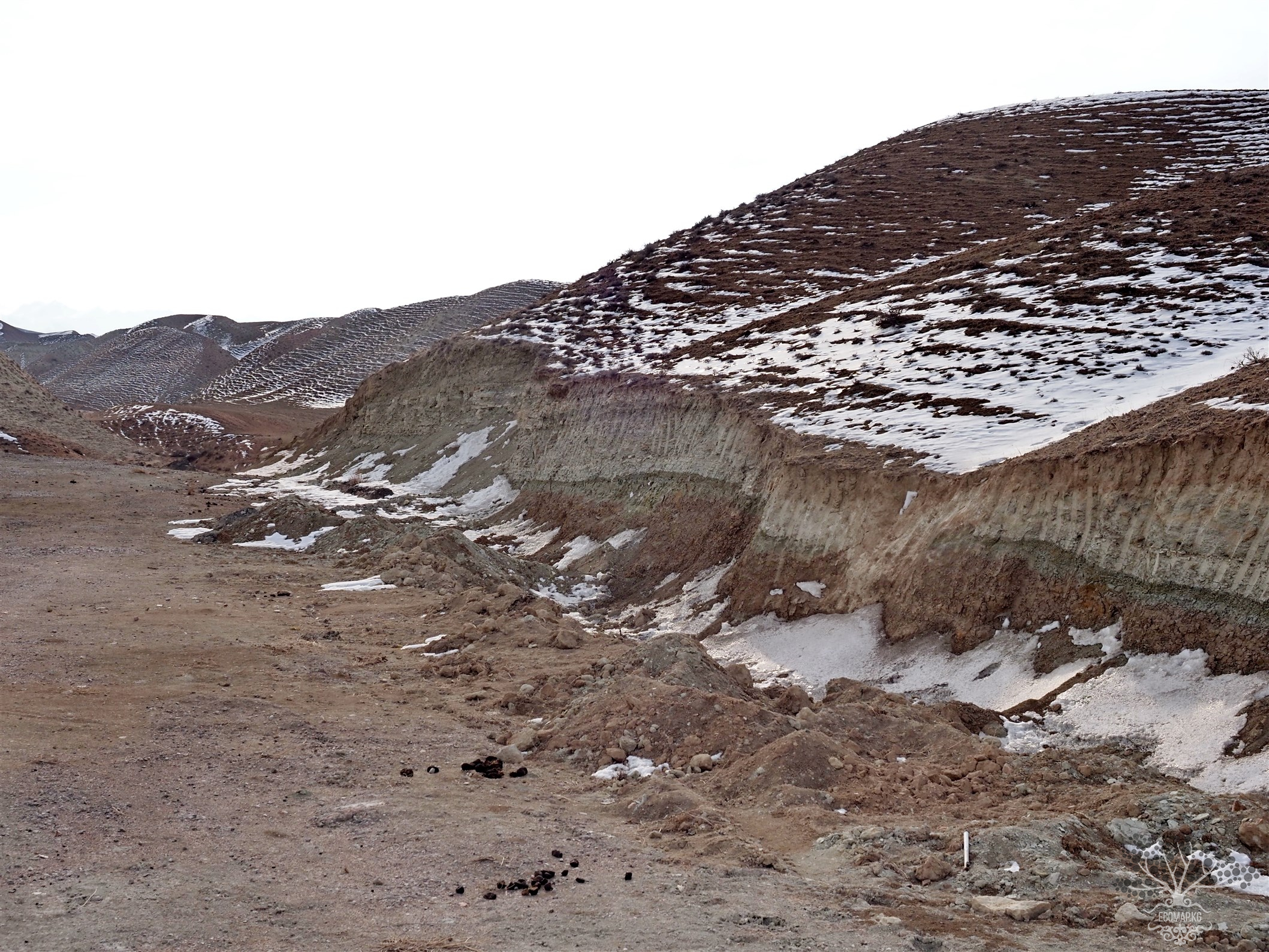
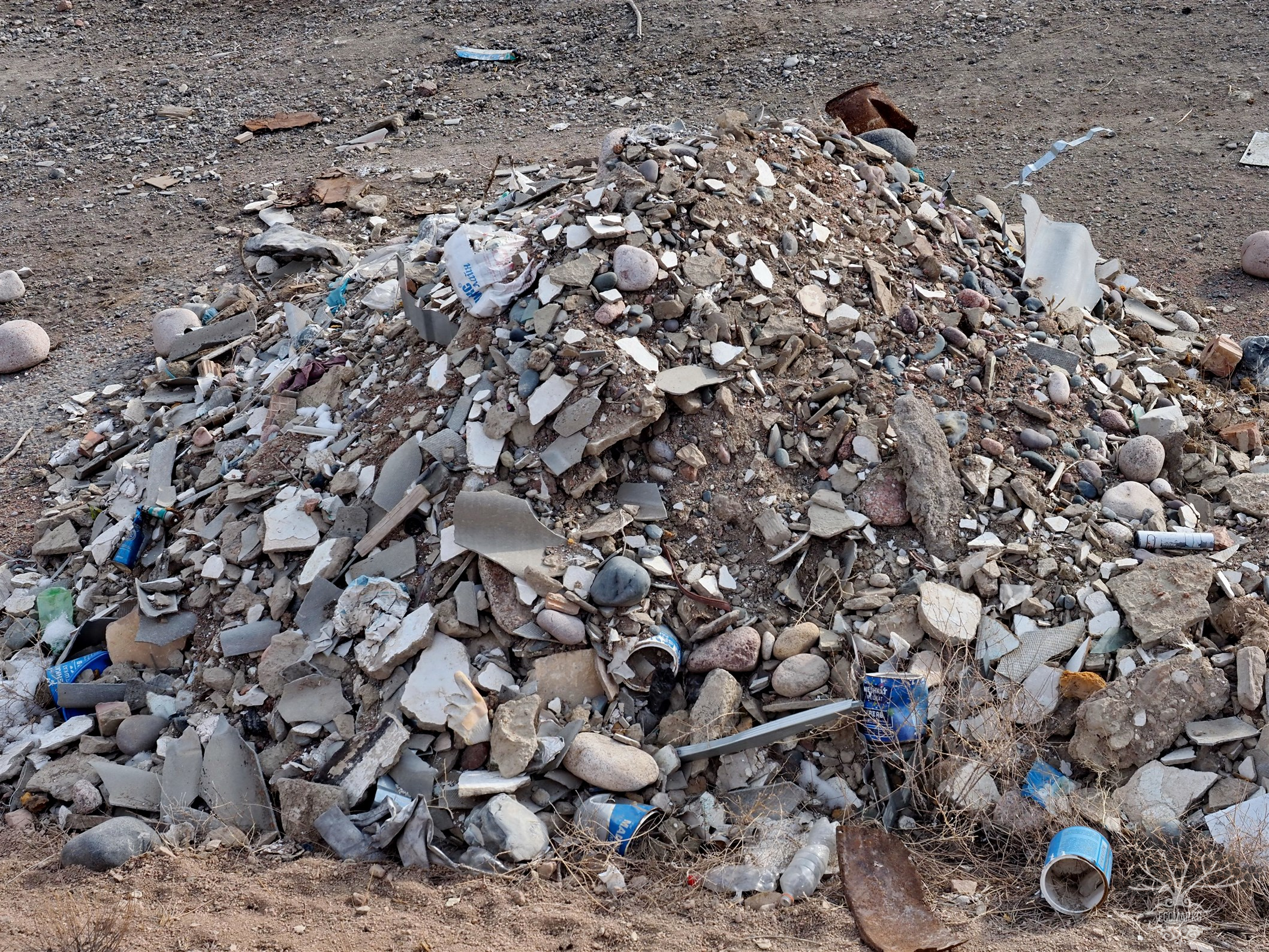
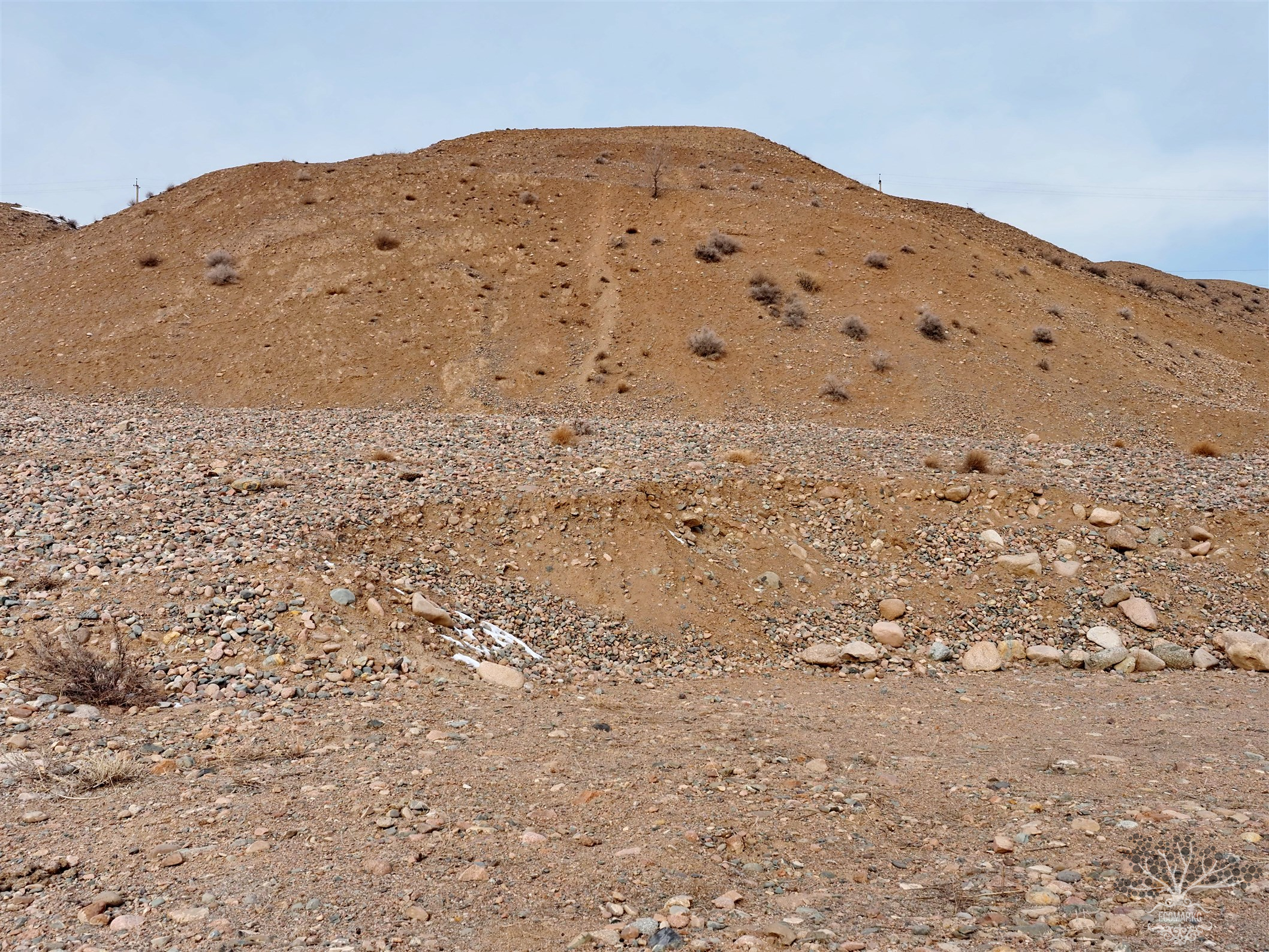


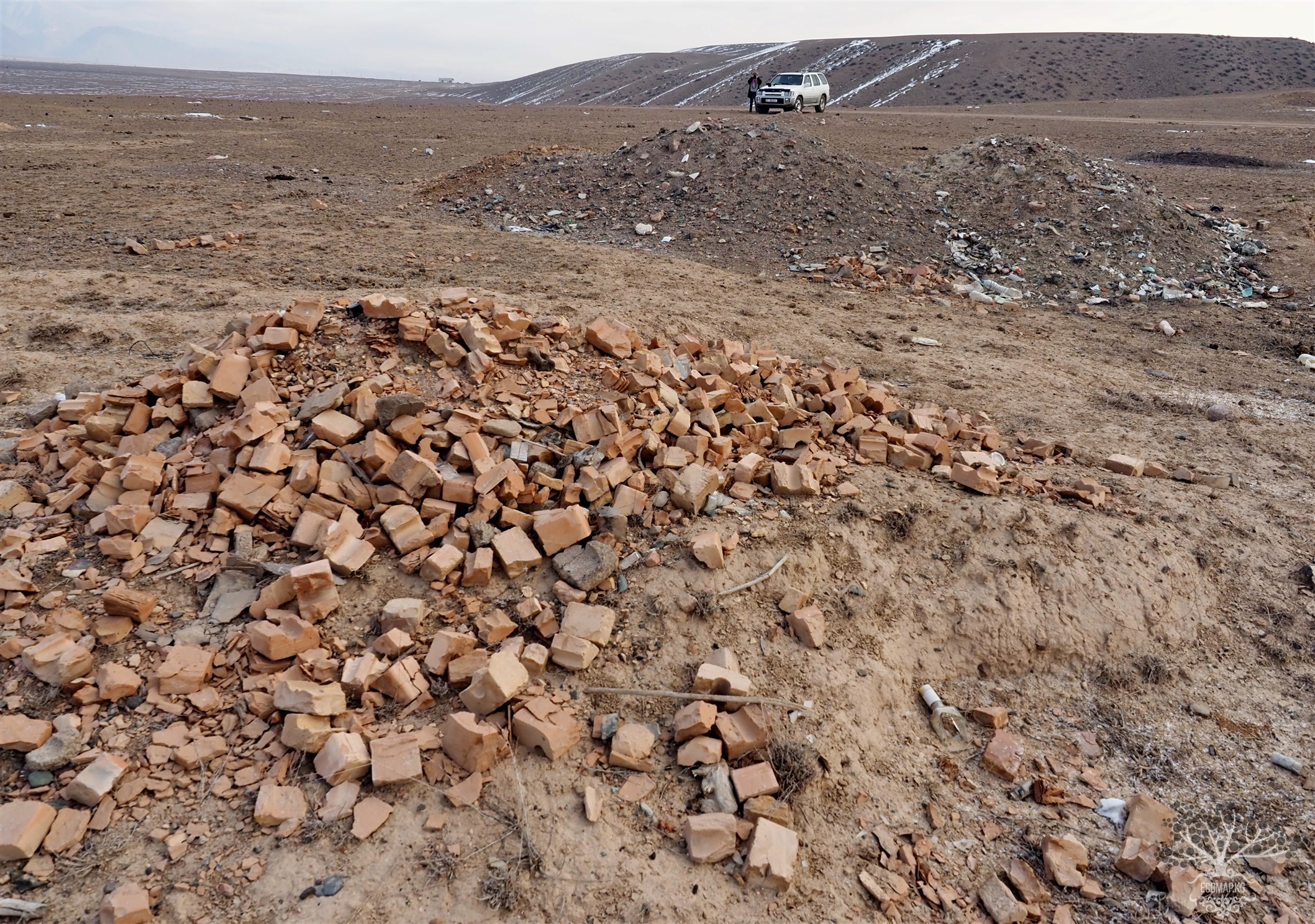
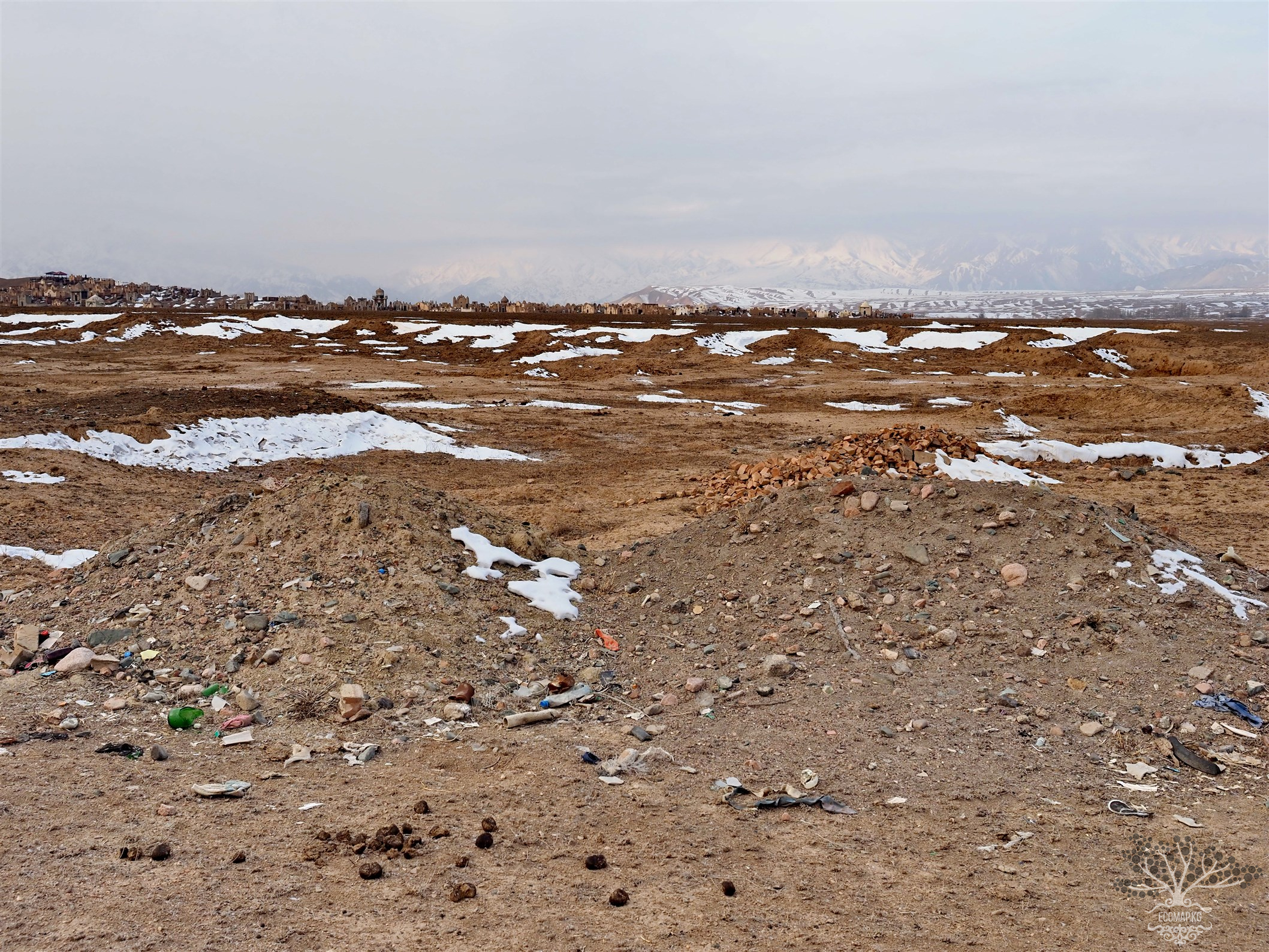

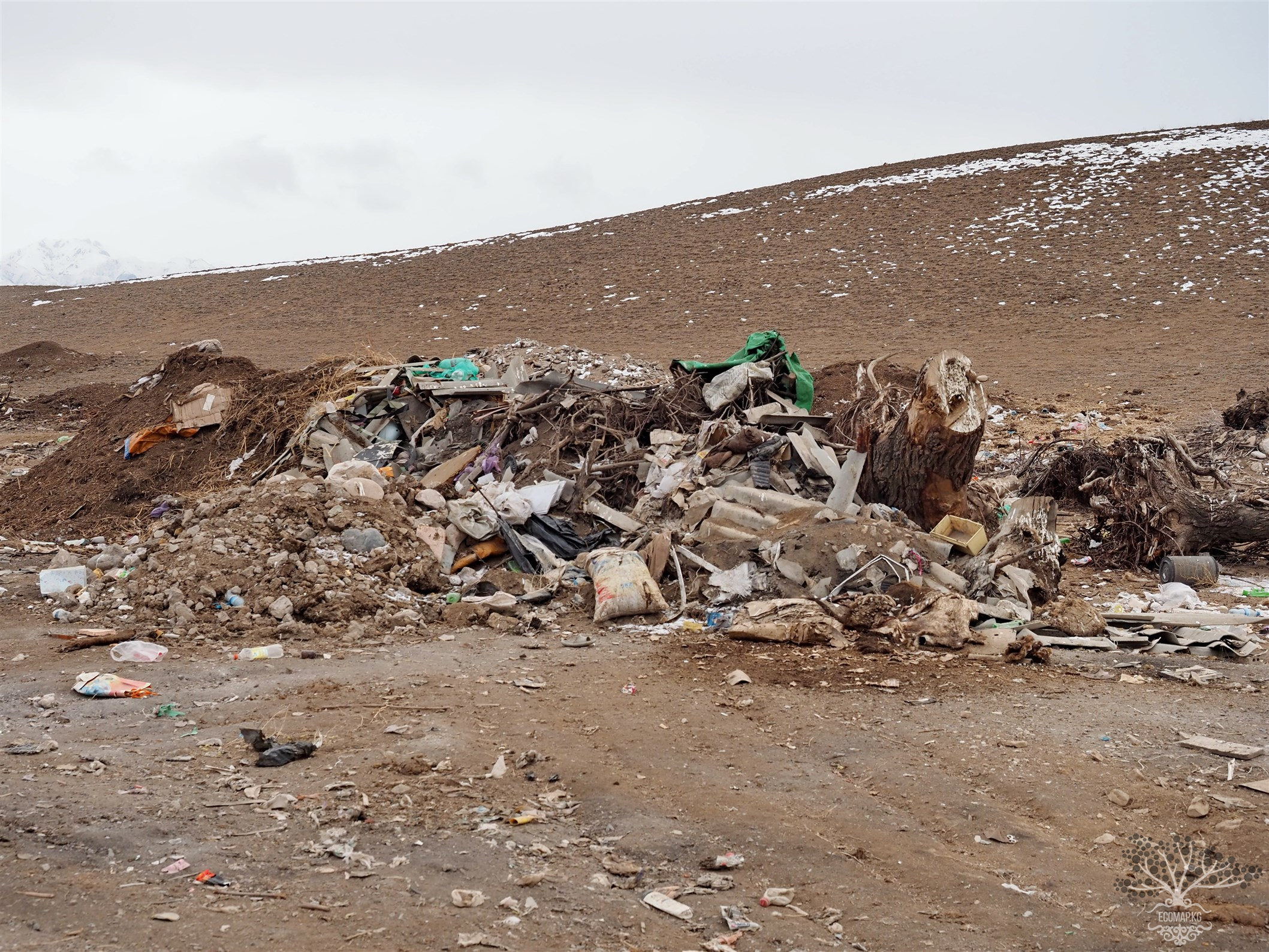
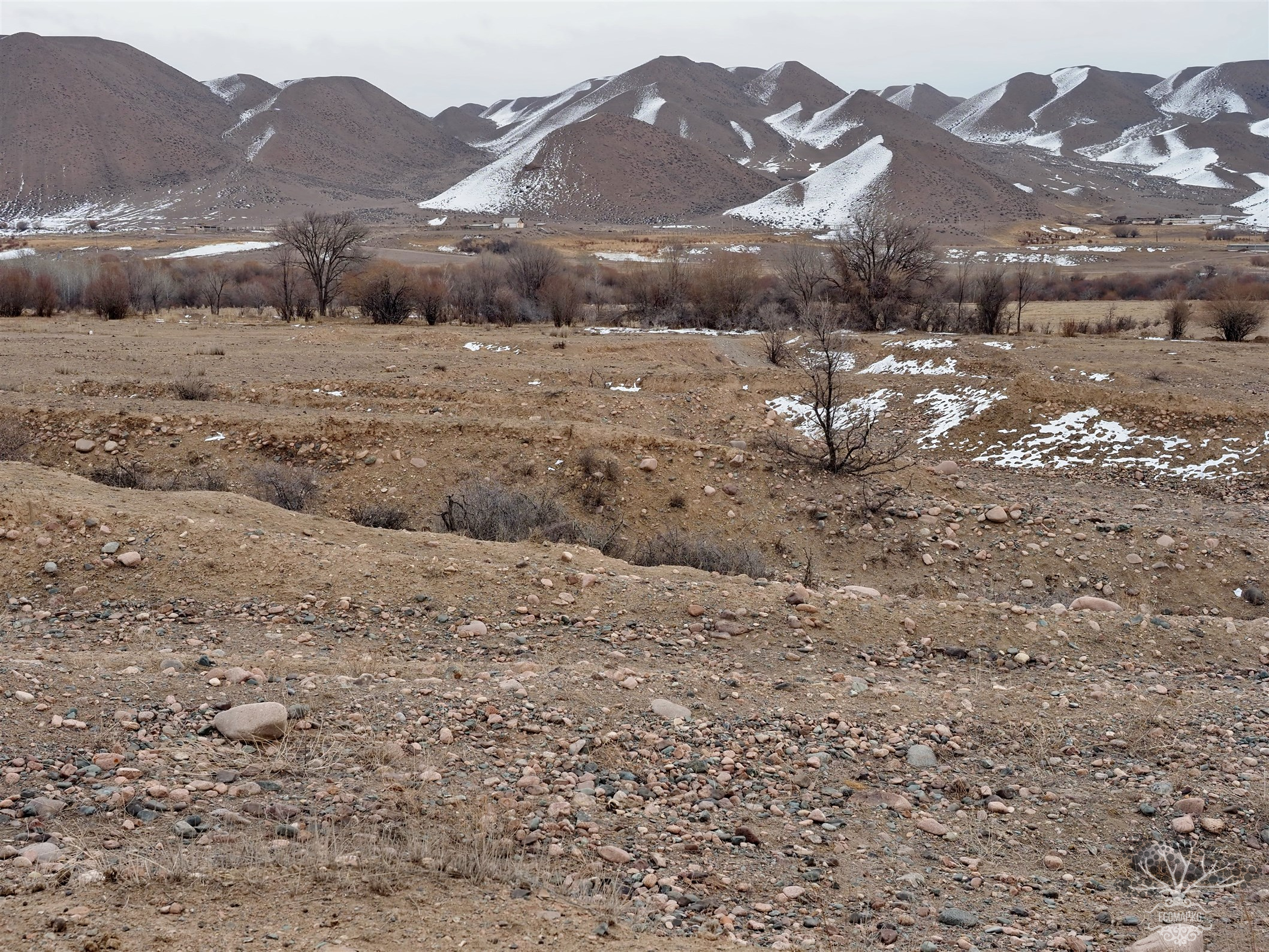

Attention: Information based on submitted complaints